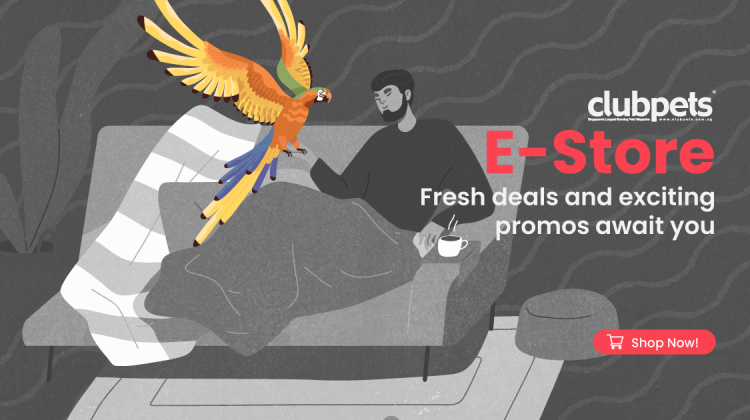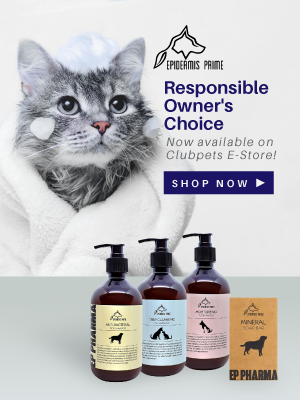Rabbit Dental Health: What To Do With A Broken Tooth
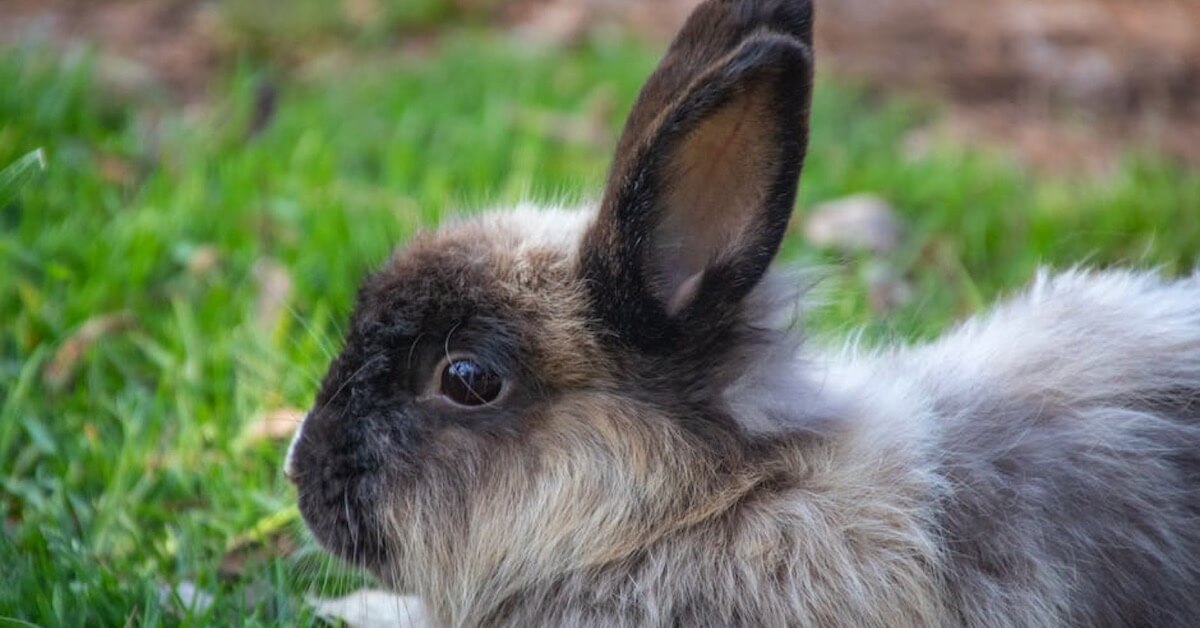
Source: Magda Ehlers on Pexels
A quick glance at your rabbit’s mouth may only have you think that they have four front teeth (the incisors): two at the top and two at the bottom. However, truth be told — rabbits have 28 in total. That’s plenty of chompers for a bunny to work with!
In fact, the set of teeth should be perfectly aligned in a healthy rabbit; straight and adjacent to one another. Don’t be foolish and complacent: Every one of your bunny’s tooth matters. A dental issue can easily impact a bunny’s overall health. Moreover, the situation gets even direr when your bunny stops eating where dental problems can quickly become lethal in as little as 24 hours.
So, as a furparent – it’s your duty to look after your bunny’s health at all times. Read on to understand the situation, signs, symptoms, and course of actions to take when your bunny encounters a broken tooth.
Signs & Symptoms
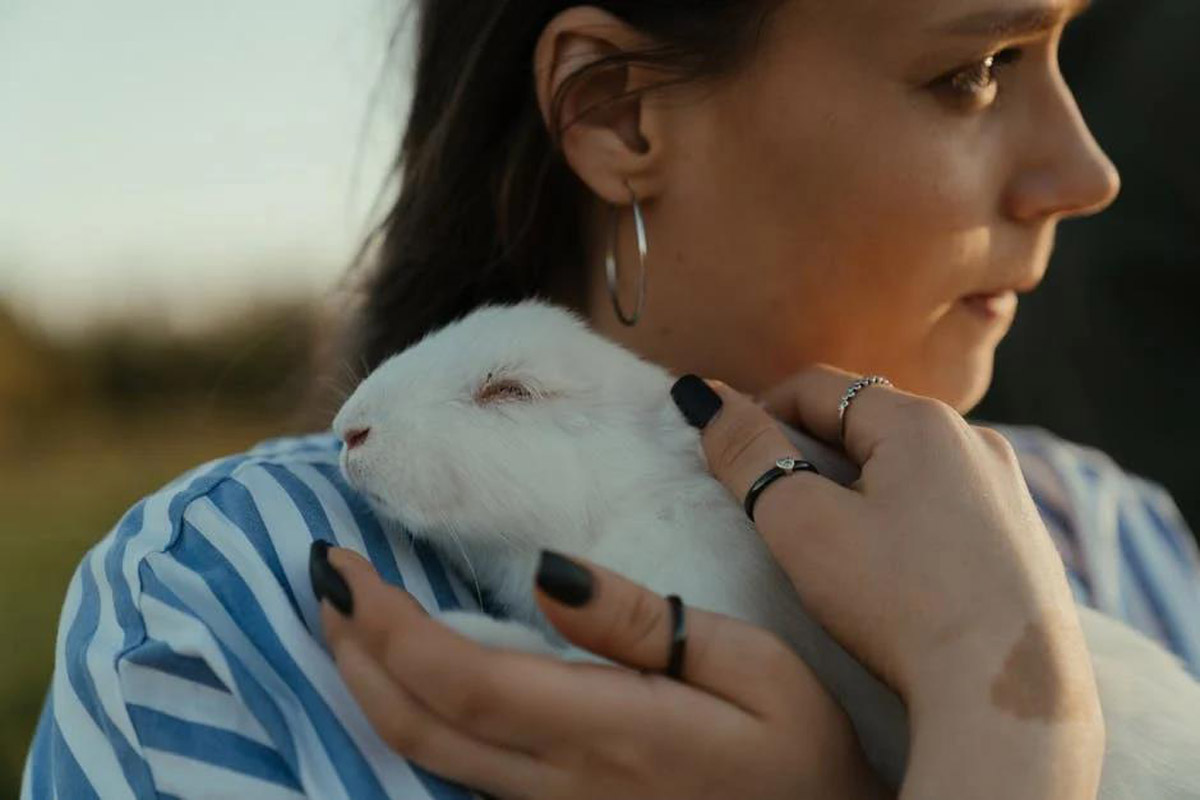
Source: cottonbro on Pexels
As prey, rabbits are excellent at disguising their pain or any signs of weakness. However, dental issues are just as fatal as any other health problem, making it an urgent issue to be resolved immediately in order to keep your pet bunny safe and healthy.
Hence, as tricky as it is to spot the signs or symptoms of a possible dental problem, a furparent must go the extra mile to be vigilant and attentive to changes in your bunny’s behaviour. Types of plausible symptoms indicative of dental issues include:
- Scratching/digging at mouth using paws
- Unusual faeces
- Swelling of mouth/face
- General interest in food but refusal to eat
- Drool, sour odour from mouth, or a wet mouth
- Refusing to eat entirely or only consuming veggies (not pellets, hay, and so on)
- Eye or nasal discharge (due to infections contracted in the area)
- Frequent exhibition of strange facial expressions
What You Can Do
Teeth Inspection
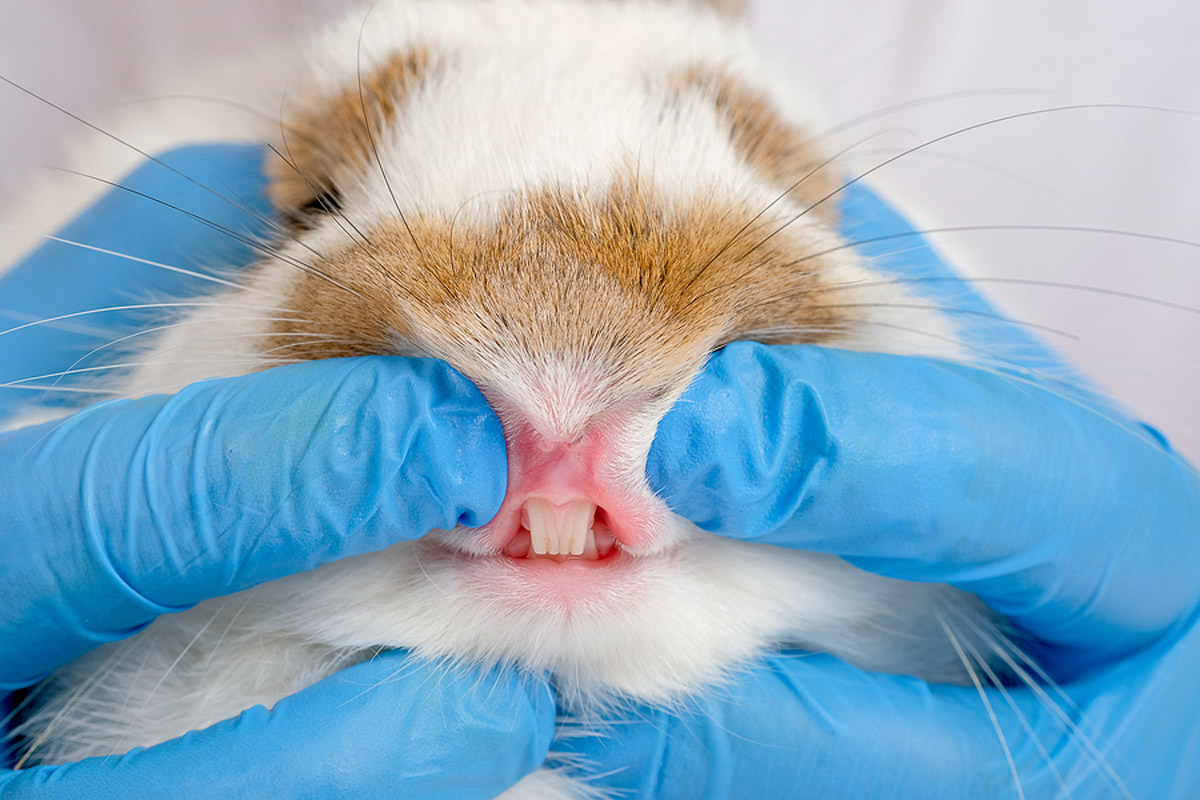
While ultimately, the best solution boils down to sending your bunny for a check-up at a local professional vet in Singapore, there are ways for you to inspect your bunny’s teeth prior to that. In general, it’s recommended for owners to perform a weekly routine check on their rabbit’s front teeth. Ideally, their teeth should be creamy white, smooth — excluding the vertical line down the centre of the top teeth — and end in a neat chisel-shaped bite.
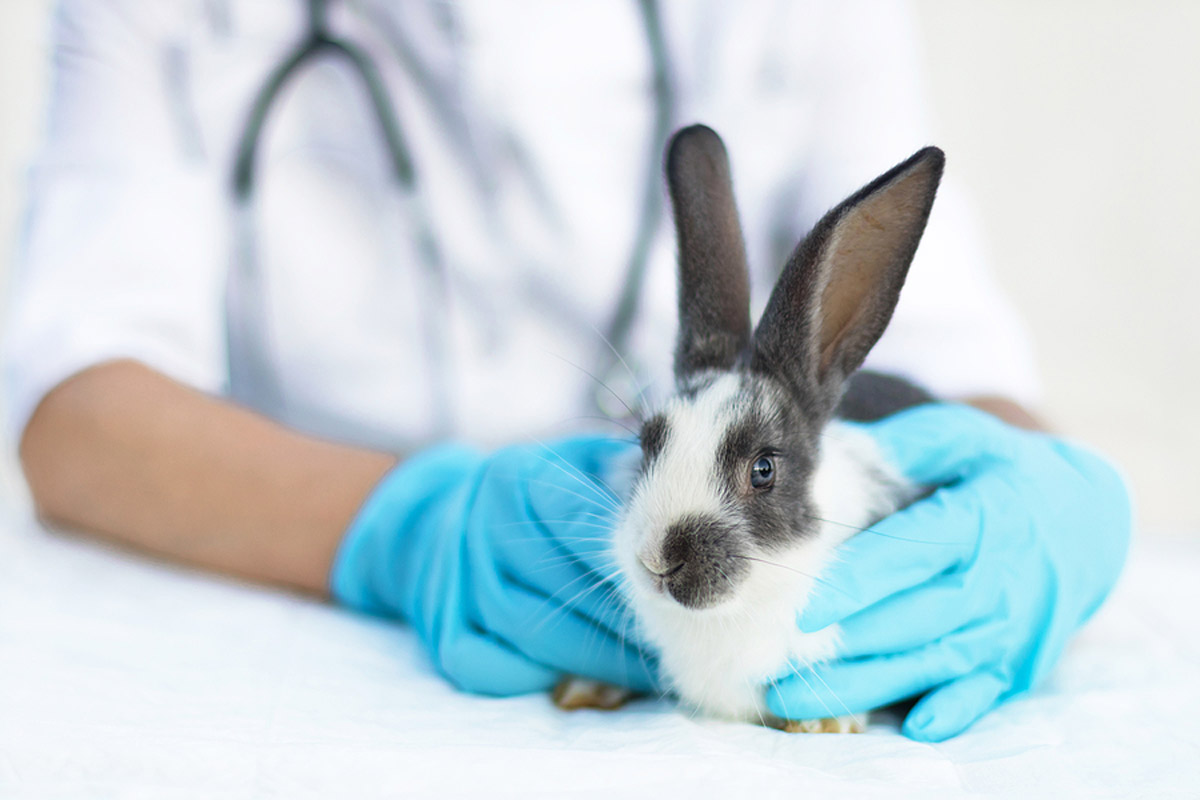
However, if you’re unsure whether a sign spotted is an indication of a broken tooth or dental issue, you should consult a vet immediately instead. Especially when it comes to checking molars or cheek teeth, they’re too far back in the mouth to be thoroughly inspected without the proper tools; hence, this explains why dental checks are best left to a professional vet. He or she will be able to more accurately identify the exact dental problem with their wealth of knowledge and expertise.
Additionally, vet clinics are equipped with the appropriate anaesthesia to sedate your bunny if necessary to carry out a complete dental check.
Keeping Your Bunny in the Pink (of General Health)
To keep your bunny’s dental health rock-solid, a nutritious balance of diet and treats is very important. Here are some key nutritional aspects to take note of:
- Feed your bunny with sufficient fibre, calcium, and protein-enriched foods
- Hay and alfalfa are examples of nutritious foods for your bunny. Make sure your bunny actively chews while eating as it’s a healthy sign.
- Clean your bunny’s chompers regularly.
- Always take your rabbit to regular health check-ups to prevent or identify dental problems early on. Administer medication when necessary.
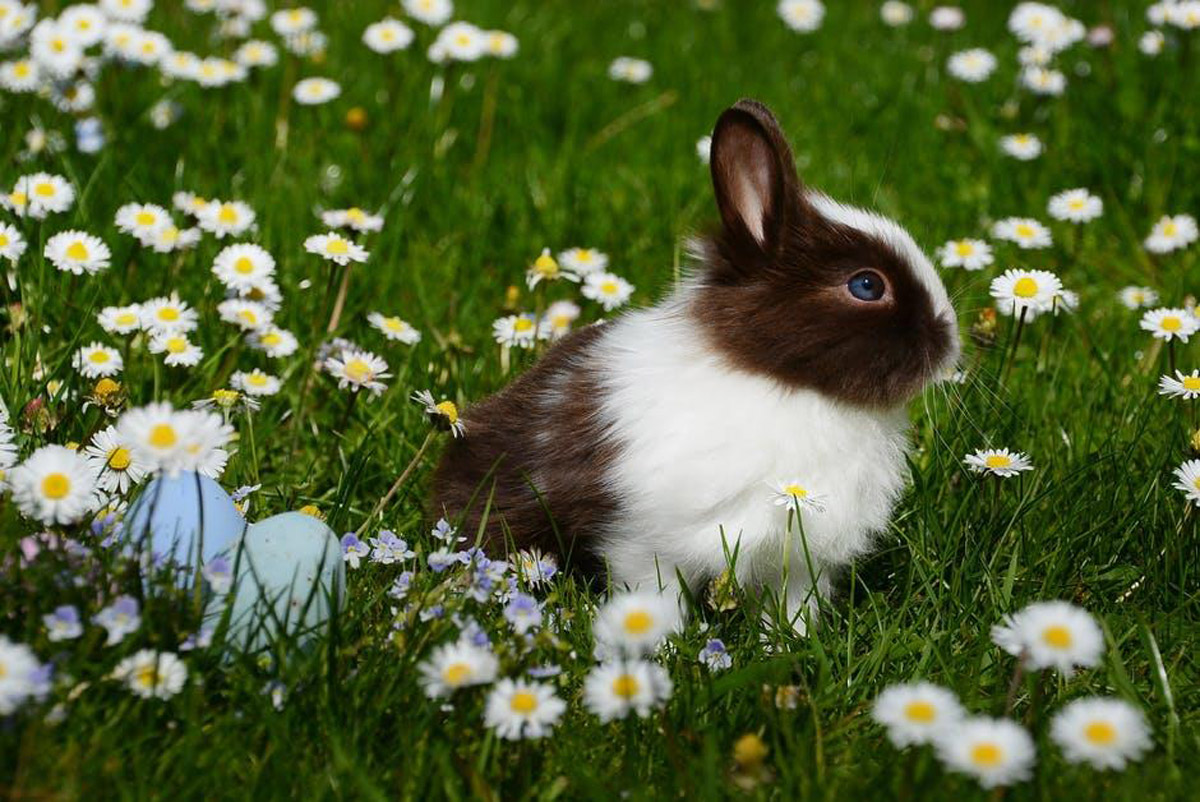
Source: Pixabay on Pexels
For those new to the world of rabbit care, perhaps this article can provide greater insight on how to prepare your life with a new hoppity furball in the household. Otherwise, keep all pertinent tips in mind and you’re one step closer to becoming a great bunny parent!
Only you are able to take proactive steps against any dental-related issues of your rabbit before it worsens dramatically. For more assistance pertaining to your rabbit’s dietary needs, click here for access to a catalogue of nutritious and vet-approved goodies.
Remember to take good care of your furkid, and tap on the right vet services when needed. All these steps combined are essential to ensuring your bunny a long, happy and healthy life ahead.

